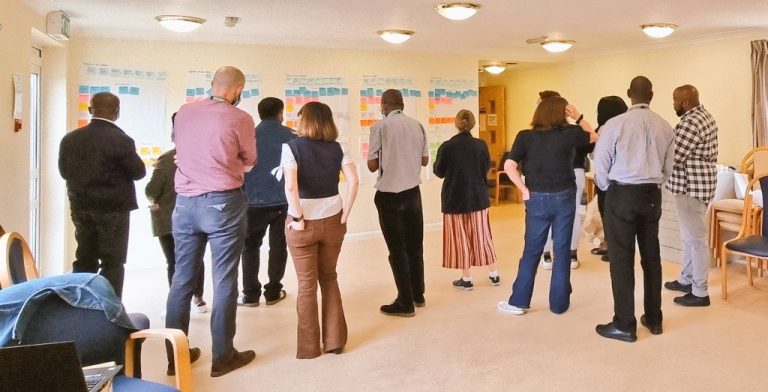Upcoming Events
ELFT Quality Open Morning
The ELFT Quality Open Morning takes participants through East London Foundation Trust’s 10 year Quality journey. It provides a unique insight into the ELFT management system, rotating attendees through the four components of the system in break out spaces. These include meeting teams from Quality Planning, Quality Assurance, Quality Improvement and Quality Control, as well as an opportunity to meet and learn from our People Participation team, a session which is led by service users.

Follow QI on social media
To keep up to date on the latest concerning QI at ELFT, follow us on our socials.



